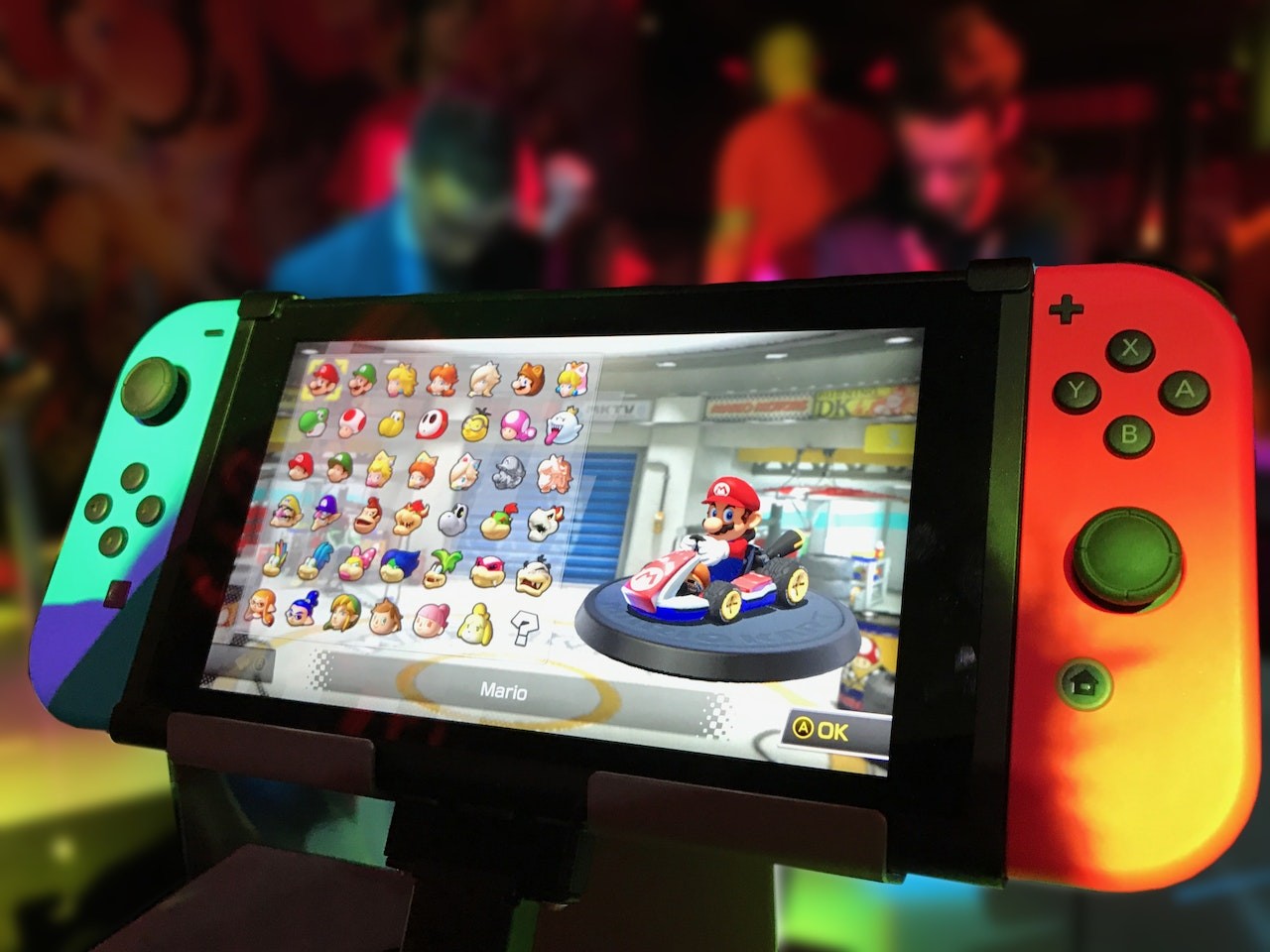Transitioning Territories: The Evolution from PC Gaming to Mobile Gaming
Jul-20-2023

In the late 1970s, the advent of personal computers sprouted a new form of entertainment - PC gaming. This was a revolution in itself as it offered a new way to engage with technology. Games such as Pong, Space Invaders, and later, Doom and Quake, became household names, setting the stage for a new era in digital entertainment.
With technological advancements, PC games began to offer enhanced graphics, intricate storylines, and multi-player experiences. The gaming community, which until now had been limited to arcade and console gaming, was quick to embrace this new platform. PC gaming offered a level of immersion and complexity that was previously unheard of, and gamers reveled in the experiences that these games provided.
The Rise of Mobile Gaming

The introduction of smartphones in the late 2000s brought with it a revolution in the world of gaming. With mobile gaming, players were no longer tethered to their desktop setups. Games could be played anywhere, anytime, bringing an unprecedented level of accessibility and convenience. The initial mobile games were simple, designed to be played in short bursts.
However, as smartphones became more powerful, the complexity and depth of mobile games increased. Today, mobile games like PUBG and Fortnite offer multiplayer experiences that rival that of PC games. The mobile gaming industry has grown exponentially, with billions of people around the world playing mobile games on a daily basis.
Impact on the Gaming Community
The shift from PC to mobile gaming has significantly reshaped the gaming community. Previously, gaming was often seen as a solitary or niche hobby. With mobile gaming, however, games are now in the pockets of billions of people.
This has helped to normalize gaming and brought it into the mainstream. The community has expanded beyond traditional gamers to include casual players, children, and older adults. Additionally, the social aspect of gaming has been amplified. Many mobile games feature social elements, allowing players to connect with friends and meet new people. This has fostered a sense of community and camaraderie among players.
Challenges and Opportunities

Despite the massive growth of mobile gaming, it has not been without its challenges. Many hardcore gamers still prefer PC gaming, citing the superior graphics, controls, and depth of PC games. Mobile games are often seen as less "serious" or "hardcore".
However, these perceptions are slowly changing. As mobile technology continues to evolve, the gap between PC and mobile gaming is expected to close. Developers are continually pushing the boundaries of what is possible on mobile platforms, creating games that are visually stunning, deeply engaging, and immensely fun. The future of gaming lies in its ability to adapt and evolve, and mobile gaming is at the forefront of this evolution.
The Future of Gaming
Mobile gaming has already proven itself as a major player in the gaming industry, but its journey is far from over. With advancements in technology such as augmented reality (AR) and virtual reality (VR), the possibilities for mobile gaming are endless. These technologies offer new and exciting ways to play games, adding a new dimension to the gaming experience.
Furthermore, the rise of cloud gaming could potentially eliminate the hardware limitations currently faced by mobile gaming. With games being run on powerful servers and streamed to devices, the line between PC and mobile gaming could become even more blurred. As we move forward, it's clear that mobile gaming will continue to shape and influence the landscape of the gaming industry.







